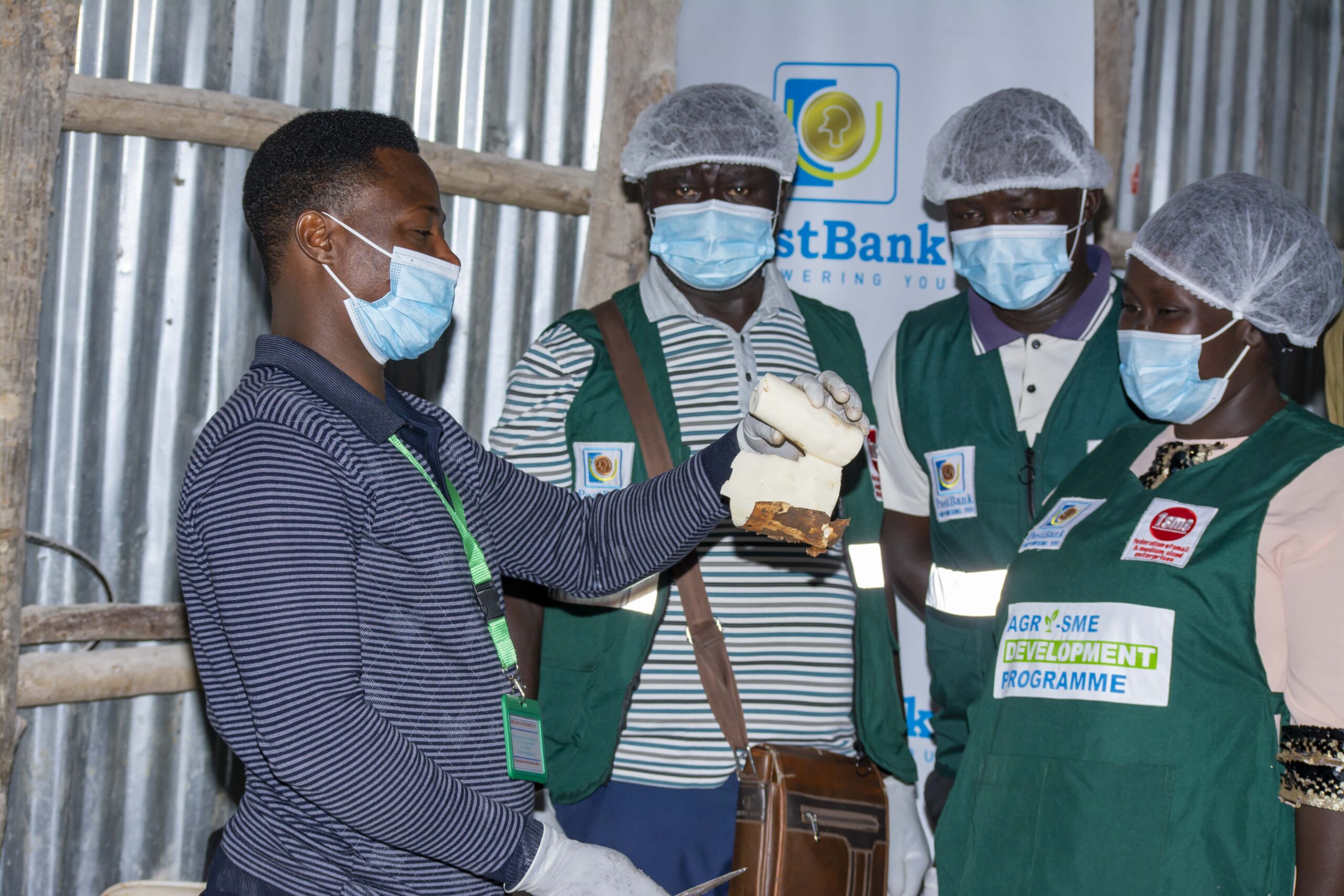PostBank Uganda’s agriculture loan book has registered commendable growth of 70% over a four-year period, from UGX 107 billion in 2021 to a 70% growth rate by June 2024. This impressive…
Postbank’s Agriculture loan book registers 70% growth in four years


